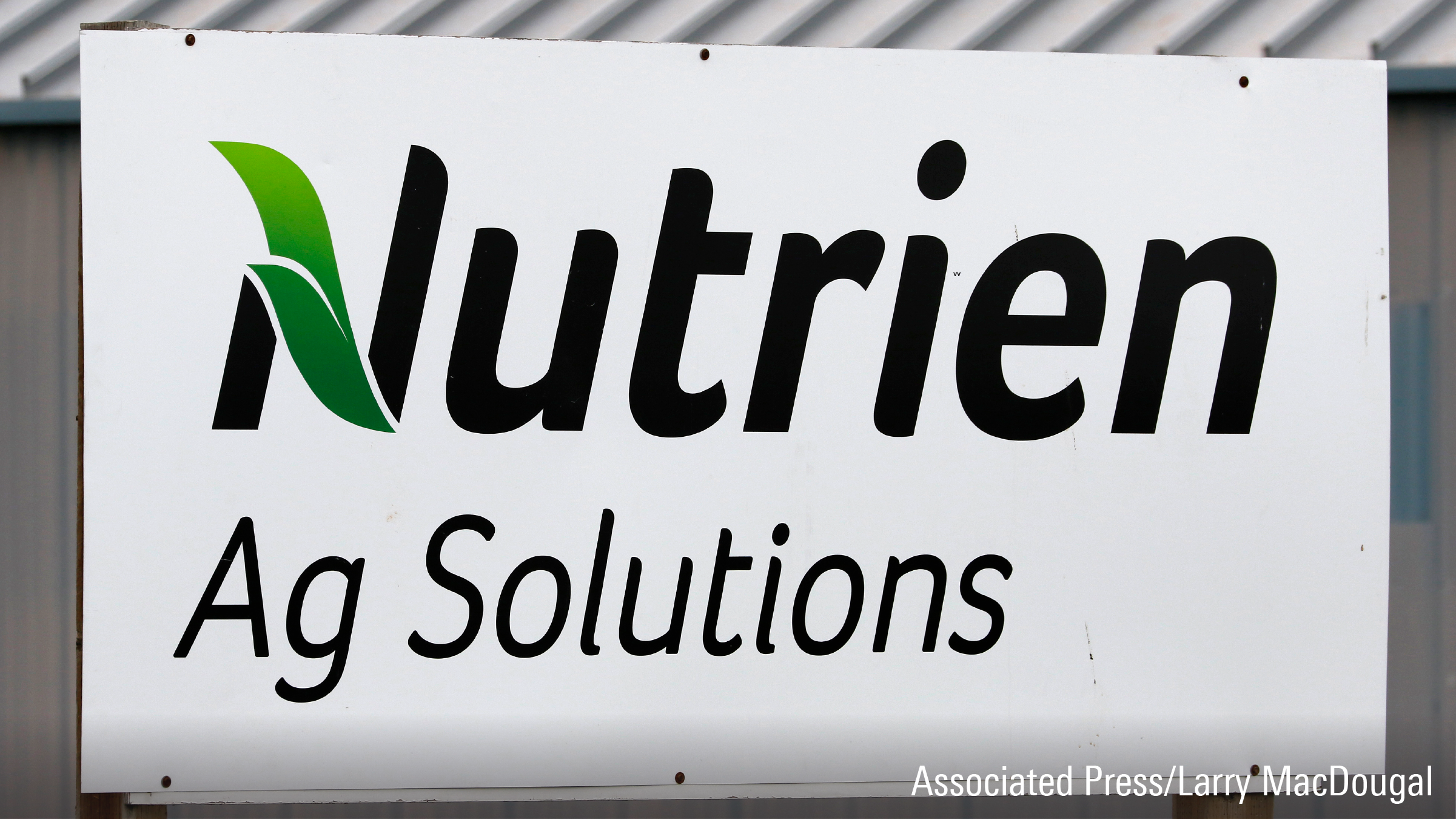Ruth Saldanha: Earlier this week the CSA announced its plan to create a new single self-regulatory organisation, which will consolidate the functions of the two existing SROs, which are IIROC and MFDA. Additionally, the CSA will also combine two existing investor protection funds into an integrated fund that's independent of the new SRO. To discuss what this might mean for investors, we are joined today by Ian Tam Morningstar Canada's Director of Investment Research. Ian, thank you so much for being here today.
Ian Tam: Thanks for having me, Ruth.
Saldanha: First up as an investor, what does the merging of these two organisations IIROC and MFDA mean for me and my investments?
Tam: Yeah, great question. Ruth, there's not likely going to be an impact on your investments, you know, your financial advisor will still be taking care of you, regardless of whether they're registered currently with MFDA or IIROC. So the actual impact on your investments themselves will be negligible, or I don't think there'll be an impact at all. But if you are already with an advisor, and you currently invest in mutual funds, and are thinking of starting to invest in ETFs, it's possible that your current MFDA registered advisor isn't licenced to sell you ETFs that might mean that you might have to repaper or redo all of your your administration work with the advisor or possibly transfer to another advisor, which is a bit burdensome in terms of your time. So once the two SROs are merged, I think the plans are to make that process just a little bit easier, which will make it a bit more convenient for you as an investor transferring to different types of investments.
But in terms of industry impact and impact on you as an investor as a whole, there are a few things I think are very relevant and I think are positive impacts to investors. The first is that the CSA has announced that the board members of the new SRO will have to have some level of independence from the industry. There's been some criticism in the past because many of the board members, both on MFDA and IIROC actually come from the financial services industry. So there's been some criticism on that. And the CSA has spelt out that there has to be some level, some degree of independence, I think that's very helpful to have the voice of the investor being represented on the boards.
The second is the creation of an investment advisory panel, basically, that's a panel that represents the interests of investors. And that has to also be made up of a reasonable proportion of investor representative. So like you and I, people that are just simply investors and want to make sure their voices are heard to represent the best interests of investors. And lastly, there's going to be a formation of what's called an investor office, which is a place that's accessible for everyday investors, and will be in the CSA words (prominent). So I think that'll be helpful for people to get resources when they need them.
Saldanha: So some things for investors to look forward to. But the second thing that the CSA announced was this investor protection fund. Before we get into what this consolidation mean, what is an investor protection fund? How does it work? And what does it do to help investors?
Tam: Yeah, great question. There's two main investor protection funds in Canada, the CIPF and MFDA's version of CIPF, which basically protect you as an investor, if the organisation that you're invested with becomes insolvent, or in other words goes bankrupt. And what it does is it covers you for up to $1 million in regular accounts like a cash account, or perhaps a TFSA, as well as an additional $1 million for registered accounts like RRSPs, and an additional $1 million for RESP. So basically, it gives you the confidence that you're able to invest with an advisor, in the case that they become insolvent, you're going to be covered. What it doesn't cover though, is number one, if there's any changes in market value of your security, so regular market movements of the stock market, for example, doesn't cover losses there. And if there's improper investments, or improper placement of investments by your advisor, that is not covered there either. So really, you're protected against insolvencies actually.
Saldanha: Now, the CSA intends to consolidate these two existing investor protection funds that you mentioned into one that's independent of the SRO. What does this mean for investors?
Tam: Yeah, to investors, I don't think there'll be a large immediate impact. The coverage will likely remain the same. However, the CSA has mentioned that they may consider other registrations, so not just MFDA or IIROC, they may consider other registrations in the future but nothing has been set in stone. So really, there's not a huge impact in terms of coverage. But it may mean that there's better efficiencies internally for the people that are managing that fund, hopefully better coordination in terms of payments.
Saldanha: Thank you for joining us today with your perspectives Ian.
Tam: Thanks Ruth.
Saldanha: For Morningstar I'm Ruth Saldanha.



















